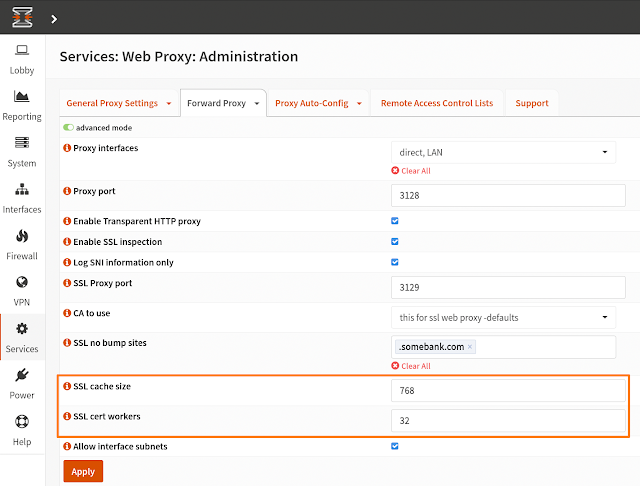Adobe was not the originator of flash, nor was it the only technology created to bring various multimedia effects to web pages. Today is the last day for Adobe Flash, and so a number of FreeBSD ports will find themselves made defunct, already long deprecated but soon deleted. It has been a sort of zombie tech which was supposed to have been dead and buried long ago, but has continued to remain. We can now finally be satisfied that a stake will be driven into its heart, its bones salted and burned, and never will it haunt us.
- https://www.freshports.org/www/flashplayer/

- https://www.freshports.org/www/linux-flashplayer/

- https://www.freshports.org/www/get_flash_videos/

This will not be the only group of things which vanish in the coming weeks, as the addons for web browsers which were designed to control flash or remove flash will now also no longer be needed. I strongly suspect however, that one remnant of flash will persist, a special sort of cookie which was intended to be persistent and resistant to removal. One of the most odd uses of flash may be aspects of security controls, such as a type of second factor authentication, or password entry on some sites. I say that it is odd due to the fact that flash was one of the technologies used on the web and web browsers which has to have been among the most frequently patched for security exploits.
- https://addons.mozilla.org/en-US/firefox/addon/clear-flash-cookies/
- https://addons.mozilla.org/en-US/firefox/search/?q=flash
I do not mourn the passing of flash, I rejoice! Does
anyone remember Beatnik, an amazing technology which brought
music and some other effects to the web? How about the truly
artistic and interesting web pages from authors such as Doc
Ozone? The web these days has become a bit sterile and
tired. We can only hope that the successors of flash will
attempt to be as grand but without all of the troubles, mischief,
security lapses. I also hope that any trend on the web be
toward standards that are universal, that do not require one
operating system over any other, or ever become proprietary which
would mean the exclusion of many not-so-mainstream users such as of
FreeBSD.
















